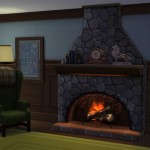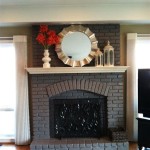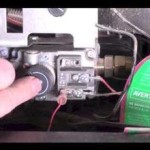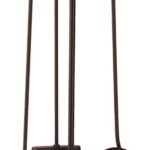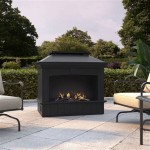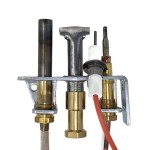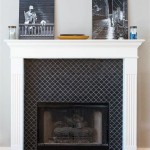Fireplace Water Heaters: A Comprehensive Guide to Essential Aspects
Fireplace water heaters, also known as hydronic fireplace inserts, offer a practical and aesthetically pleasing way to heat your home while enjoying the ambiance of a fireplace. These innovative devices utilize hot water to distribute heat throughout your living space, offering numerous benefits and considerations.
Benefits of Fireplace Water Heaters
Fireplace water heaters provide several advantages over traditional wood-burning or gas fireplaces:
- Increased Efficiency: They efficiently use the heat generated from the fire, distributing it evenly throughout your home. This minimizes heat loss and reduces energy consumption.
- Centralized Heating: The hot water can be circulated through a system of pipes and radiators, providing heat to multiple rooms and even the entire home.
- Enhanced Safety: Unlike open fireplaces, fireplace water heaters have closed systems that prevent sparks and embers from escaping, reducing fire hazards.
- Aesthetic Appeal: They combine the charm of a fireplace with the convenience of water-based heating, creating a cozy and stylish atmosphere.
Considerations for Choosing a Fireplace Water Heater
When selecting a fireplace water heater, consider the following factors:
- Fuel Type: Fireplace water heaters come in wood-burning, gas, and electric models. Choose the fuel type that best suits your needs and availability.
- BTU Output: The British Thermal Units (BTUs) output determines the heating capacity of the heater. Calculate your home's heating requirements to determine the appropriate BTU rating.
- Size and Design: Choose a heater that fits the size of your fireplace and complements your home's decor.
- Efficiency Rating: Look for models with high efficiency ratings to minimize operating costs.
- Installation Requirements: Fireplace water heaters require professional installation by a qualified technician to ensure proper operation and safety.
Maintenance and Safety
Regular maintenance is crucial for the optimal performance and longevity of fireplace water heaters:
- Annual Inspection and Cleaning: Have a qualified technician inspect and clean the heater annually to prevent buildup and ensure proper operation.
- Chimney Cleaning: If you have a wood-burning model, it's essential to have the chimney cleaned regularly to remove soot and debris.
- Water Level Monitoring: Check the water level regularly and add water as needed to maintain proper circulation.
- Safety Precautions: Never leave a fireplace water heater unattended while operating. Keep children and pets away from hot surfaces.
Conclusion
Fireplace water heaters offer an efficient and convenient way to enjoy the warmth and ambiance of a fireplace while heating your home efficiently. By considering the factors discussed above, you can choose and maintain a fireplace water heater that meets your needs, enhances your home's comfort, and provides peace of mind.

Fireplace As Heatingsystem Called Thermo Exclusive Property Blog

Kratki Wood Fireplace Water Heater Eryk 10 Kw Lateral Flame Deco

Fireplace Made Out Of A Water Heater Gas Bottle Wood Burner Welding Projects Garden Design

Water Heating Fireplace Inserts

Diy Wood Stove Water Heater Plans Mother Earth News Burning

Wood Fired Hot Water Heater

Boiler Stoves For Wood Powered Central Heating And Hot Water

Water Heater Wood Fired Manufacturers And Suppliers China Brands Hi Flame Metal

Off Grid Water Heater The Ultimate Guide 5 Useful Methods Maximum Calentadores De Agua Estufas Leña

Water Heating Fireplace Aquario M 12 Kw Ø 180 Self Closing Door Kratki
Related Posts

